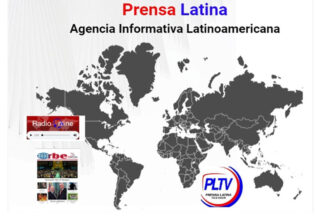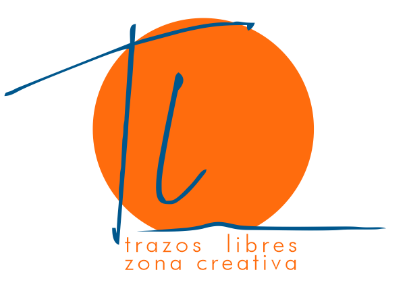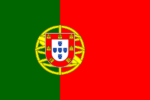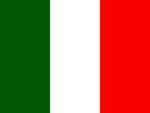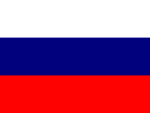In addition to causing economic damages, which exceed dozens of thousands of dollars every year, Washington’s actions have a negative impact on the free exchange of artistic expressions, goods and services between the two countries, while it underestimates Cuba’s cultural roots.
In that regard, Deputy Culture Minister Fernando Rojas told Cuba Internacional that the interruption of relations between countries with common influences and historic ties is unacceptable.
According to Rojas, by hindering dialogue and the exchange of artistic delegations and writers, which he considers the most serious aspect, the public is deprived of knowledge and the enjoyment of the cultural wealth in both directions.
As an example, he said that last year, 497 Cuban artists, mainly musicians, could not present their art in the United States, and those who traveled there had to perform under unfavorable conditions without remuneration, due to the blockade, he said.
Likewise, the Meeting of Publishers, Distributors and Literary Agents from Cuba and the United States, which was held in the framework of the Havana International Book Fair in 2016 and 2017 and allowed boosting rapprochement and bilateral cooperation in the editorial field, was interrupted.
While four years ago more than 500 cultural events were held, compared to less than 200 in 2018, 28 were organized in the first trimester of 2020 but without certainty that they will ever take place, Rojas said.
But there is more. Washington also attacks Cuba with propaganda and specific regulations, which is typical of Donald Trump’s right-wing regime and a reflection of the intention to hinder bilateral relations.
During the interview, Rojas noted that in 2018 alone, the economic damage in the cultural sector totaled 17,843,911 dollars due to revenues that were not received by concept of exports of goods and services, the geographic relocation of commerce, damage to production and the technological blockade, among other causes.
It is clear that there is a will to enforce Title III of the Helms-Burton Act, which best expresses its extraterritorial nature and allows suing companies and institutions from third countries that do business with Cuba.
jg/mpv/rc


